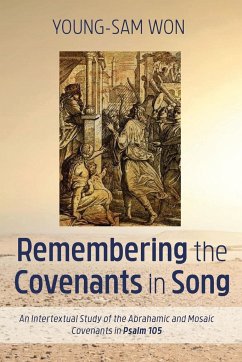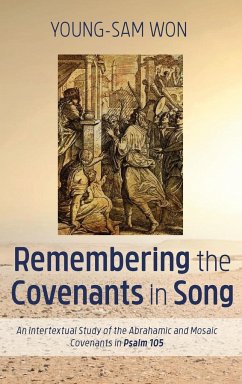This fresh assessment of covenant theology may represent the first book-length examination of the structural relationships of the Old Testament covenants. Tremper Longman, a professor of Old Testament at Westminster Theological Seminary, describes The Covenants of Promise as "a marvelously written and profound book which deals with some of the most crucial issues in biblical theology." "The significance of The Covenants of Promise," writes the author, "is in its application of the structure of the covenants to biblical theology. . . . The division of the Old Testament covenants into the categories 'promissory' and 'administrative' is unique in the literature on the covenants." This complex "bi-covenantal" structure within which God disposes of the inheritance promised to his people becomes discernible in the biblical text through a sound application of proper exegetical theology. The textual evidence leads one to question the way some tenets of traditional covenant theology have been expressed, but not the tenets themselves. The author first explores the promise in its Old and New Testament settings. The he deals with the way in which the promise is expressed in the major covenants, devoting considerable space to the law in the teachings of Jesus and Paul. Next he argues that the promise covenant is eternally valid and that circumcision, the law, and the new covenant are "administrative covenants." Finally he examines the implications of this structure for biblical theology. Selected topics are the redemptive relationship between Father and Son, the covenant of works, law and grace, and the relationship between the testaments.








